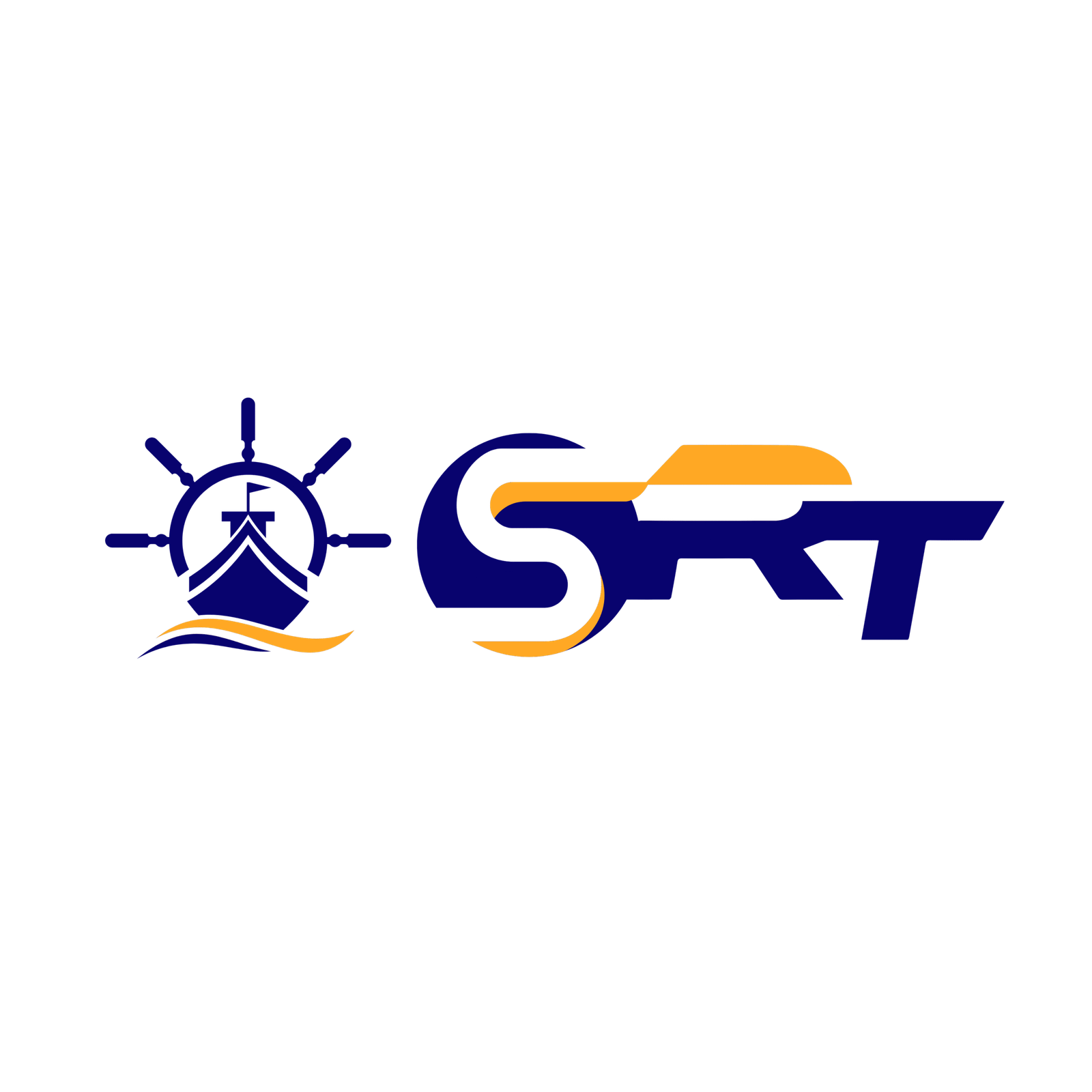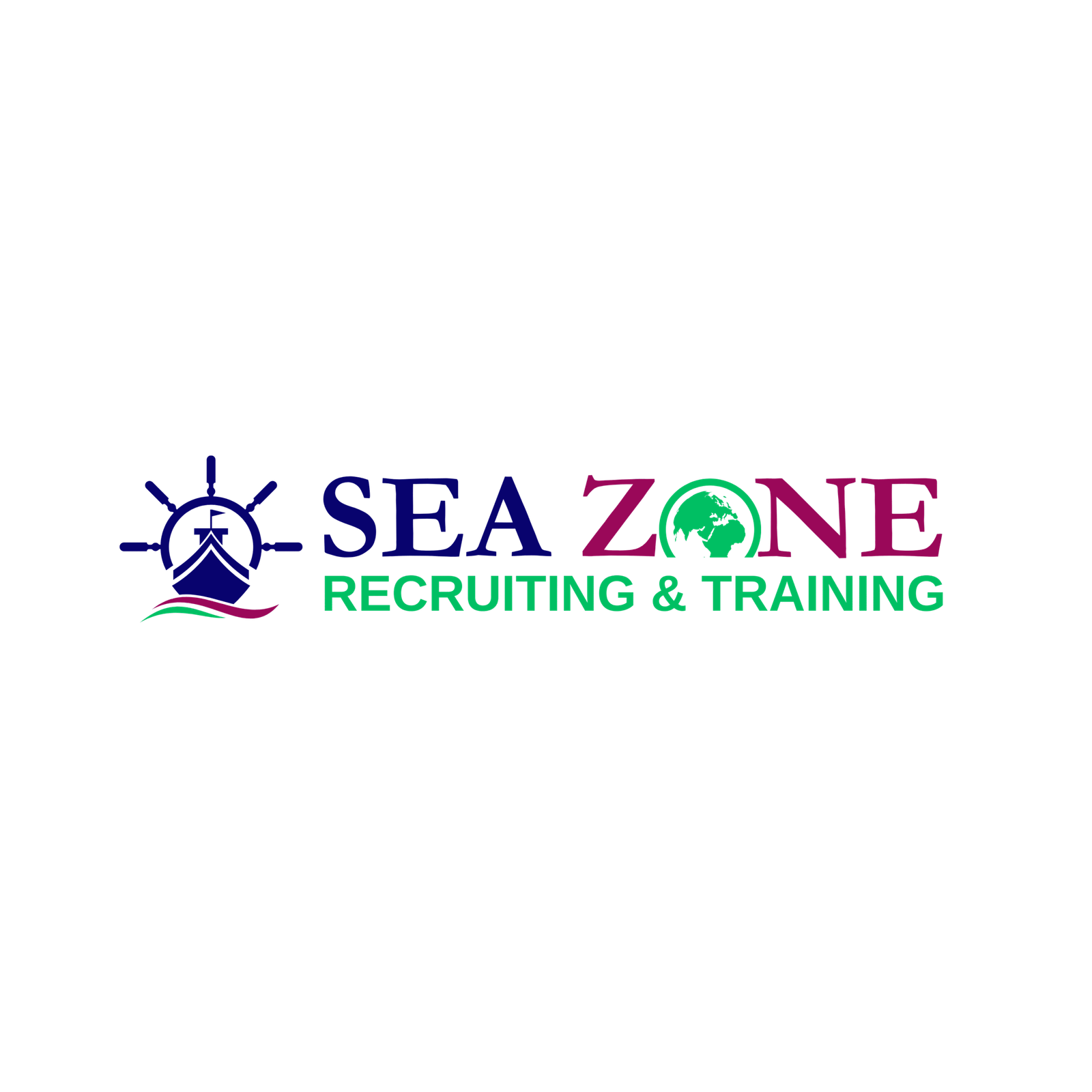OCTO Course
All cooks, stewards, and catering employees joining merchant navy ships, cruise ships, or offshore platforms must complete the OCTO (Orientation Course for Catering Personnel), a required short-term course. To ensure that you are prepared to work at sea, SeaZone assists you with all of your documents, training, and enrolment in DG Shipping-approved institutions.
What is OCTO Course?
OCTO (Orientation Course for Catering Personnel) is a pre-sea course oriented specifically for cooks, stewards, and other catering staffs who have prior experience in the hotel or hospitality sector and now wish to work on the merchant navy.
OCTO is approved by the Directorate General of Shipping (DG Shipping), Government of India and is typically a short duration course (around 12 days). It imparts information on basic shipboard life, safety aspects, hygiene, and emergency tasks — all centered around catering operations at sea.
As compared to CCMC (a starter course), OCTO is a course intended for experienced cooks who wish to shift to sea employment without undergoing full training for 6 months.
How SeaZone Facilitates OCTO Course Training
SeaZone provides hassle-free admission guidance for the OCTO course from DG Shipping-approved institutes across India. If you have prior work experience of minimum 1 year in hotel/hospitality/kitchen, SeaZone will assist you:
✅ authenticate your documents
✅ schedule your medical and psychometric test
✅ apply for SeaZone approved institutes
✅ take STCW safety courses if required
✅ obtain your CDC (Continuous Discharge Certificate)
We also help in job placement upon training, particularly in cruise ships, offshore ships, or cargo ships.
With SeaZone, becoming a merchant navy cook or steward gets fast, cheap, and career-oriented — no confusion, just smooth sailing
1. STCW Required Courses (IMO required)
The following five safety courses are required for seafarers:
Personal Survival Techniques, or PST
Fire Prevention and Fire Fighting, or FPFF
Elementary First Aid, or EFA
PSSR: Social Responsibilities and Personal Safety
Security Training for Seafarers with Specific Security Responsibilities (STSDSD)
2. Getting to Know the Shipboard
Departments and ship structure
Positions and responsibilities (jaise Captain, Chief Cook, Bosun)
Onboard daily routines
3. Standards for Galley and Hygiene
Shipboard food hygiene
Storage and disposal of waste
Personal hygiene and grooming
Cleaning procedures in the kitchen (ship ke hisaab se)
4. Common Shipboard Terms and Basic Maritime English & Communication
Procedures for emergencies
Orders of emergency
Communication in the galley
5. Emergency Protocols & Exercises
Muster station and ship abandonment
Man overboard drill and fire drill
Training for life jackets and lifeboats

